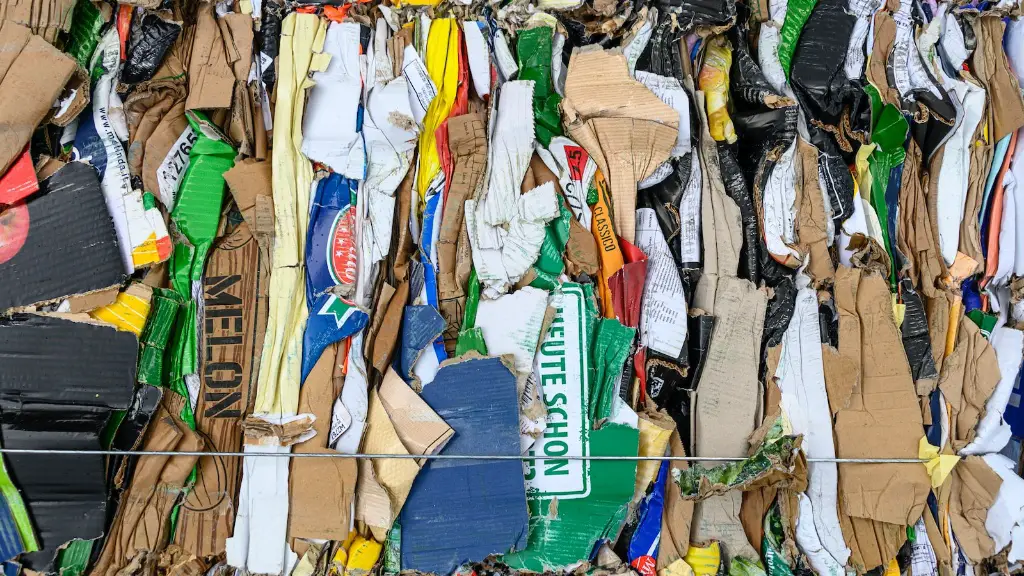The impact of global warming on wildlife around the world is already being felt, and its far-reaching effects are certain to cause destruction in the natural environment over the coming years. From vanishing habitats and ecosystems to changes in seasonal behaviors, global warming is affecting all types of animals, both on land and in the sea.
As temperatures rise, habitats are beginning to shift, resulting in the destruction of species’ natural habitats. Polar bears, for example, are recently facing the critical consequences of global warming. A lack of sea ice due to the Arctic heating up means polar bears may not be able to hunt for their food and mate, leading to a decrease in their numbers. Similarly, African wild dogs – which rely on grasslands for their food – and sea turtles – which rely on nesting beaches – are also likely to suffer from changes to their habitats due to global warming.
Changes in temperature are also impacting animals’ behavior. Increasing temperatures can cause animals to migrate earlier in the year, leading to changes in the species composition of their habitats. For example, birds may arrive at their destinations too early – when there is still a risk of colder weather – or too late – when food supplies are already depleted. In addition, some species may fail to migrate at all, putting a strain on local resources and making them vulnerable to predators.
Global warming could also increase the spread of diseases that affect marine life. Ocean acidification, which is the result of increased levels of carbon dioxide, has led to a reduction in the availability of oxygen and important trace elements. This can make some species more vulnerable to infection and other diseases, as well as making it more difficult for them to reproduce.
Overall, global warming is having a drastic and dangerous effect on animals around the world, drastically altering their habitats and even their behavior. The impact of this cannot be underestimated, and urgent action is needed to ensure that these species are not lost to the effects of global warming. Governments should prioritize the protection of animals and their habitats, and come together to devise and implement effective strategies to reduce the impacts of global warming.
The threat to wildlife posed by global warming is an urgent and important issue. Everyone has a role to play in protecting wildlife, from policy makers to individuals. We must all take steps to reduce our carbon footprint and help preserve our rich natural environment for future generations. By raising awareness of the threat posed by global warming, we can make sure that animals worldwide are not lost to its consequences.

